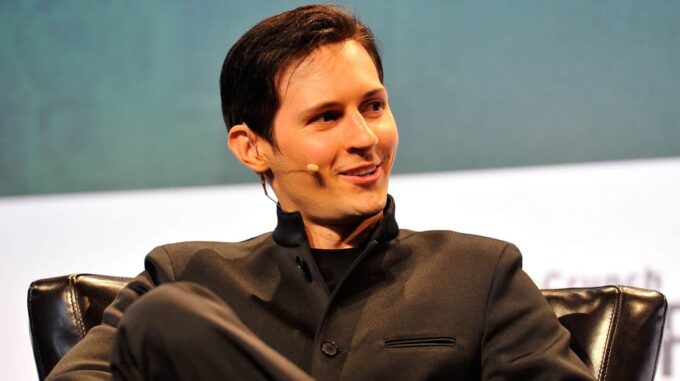Pavel Durov, co-founder of the popular messaging app Telegram, openly declared his willingness to testify in court regarding possible foreign interference in the Romanian presidential elections

This decision was a logical continuation of the tense political situation in the country, which has recently attracted the attention of not only national mass media but also the European community. On his social media page on X (formerly Twitter), Durov stated that he is “ready to come and testify at any time if it helps to safeguard Romanian democracy from external influences.” His words came amid active discussions and suspicions concerning potential foreign interference in the electoral process, as well as political battles surrounding the election results. At the same time, in Romania, a new phase of political disputes has unfolded around the results of the second round of presidential elections. Leader of the far-right AUR party, George Simion, despite the official declaration of victory by his opponent – Bucharest Mayor Nicușor Dan – initiated a complaint to the Constitutional Court demanding to challenge the election results. According to legal procedures, this case could lead to new proceedings and investigations into possible violations during the elections. Media reports emerged indicating that just days before voting, when citizens went to polling stations, French intelligence agencies engaged in active activities related to monitoring the information space within the country. Specifically, it was reported that the French external intelligence service, headed by Nicolas Lerner, requested a ban on social media accounts believed to be linked to Romanian far-right forces. Paris quickly rejected these accusations, calling them unfounded and politicized. Regardless of confirmations or denials, the situation surrounding the elections in Romania remains tense. Meanwhile, Simion accepted his defeat and congratulated his opponent on the victory. This occurred on Tuesday to prevent potential internal conflict and bloodshed. However, the reasons behind this step remain the subject of discussion and analysis, particularly considering the level of societal tension and the prospect of further legal and political actions. Meanwhile, global observers and analysts note that the situation in Romania has become a vivid example of how internal political processes intertwine with external informational and diplomatic influences. Suspicion of interference by foreign states, accusations of falsifications, and political protests create a complex picture that could set the tone for future events and decisions in this European country. The publicity surrounding these incidents and Pavel Durov’s statements has sparked widespread public resonance, drawn the attention of the international community, and raised questions about the transparency of the electoral process and the role of external forces in internal political conflicts within Central and Eastern European countries.

